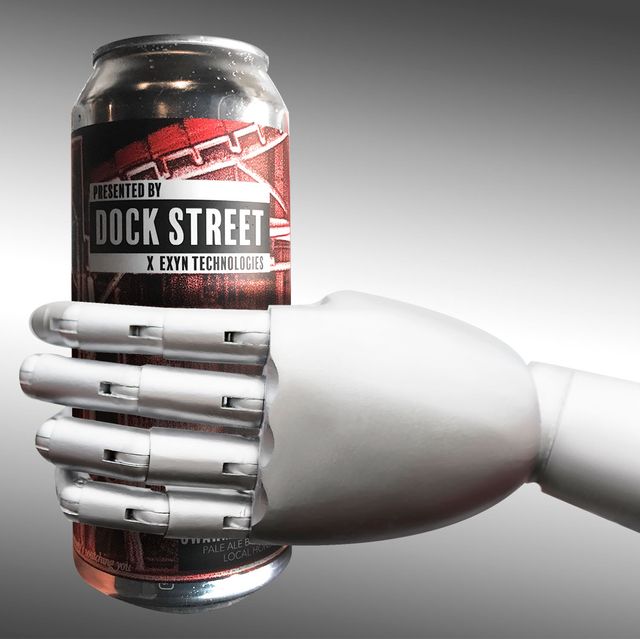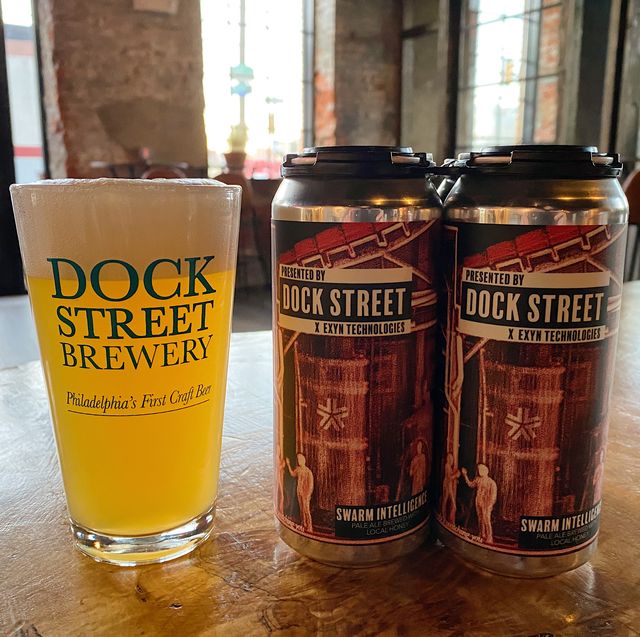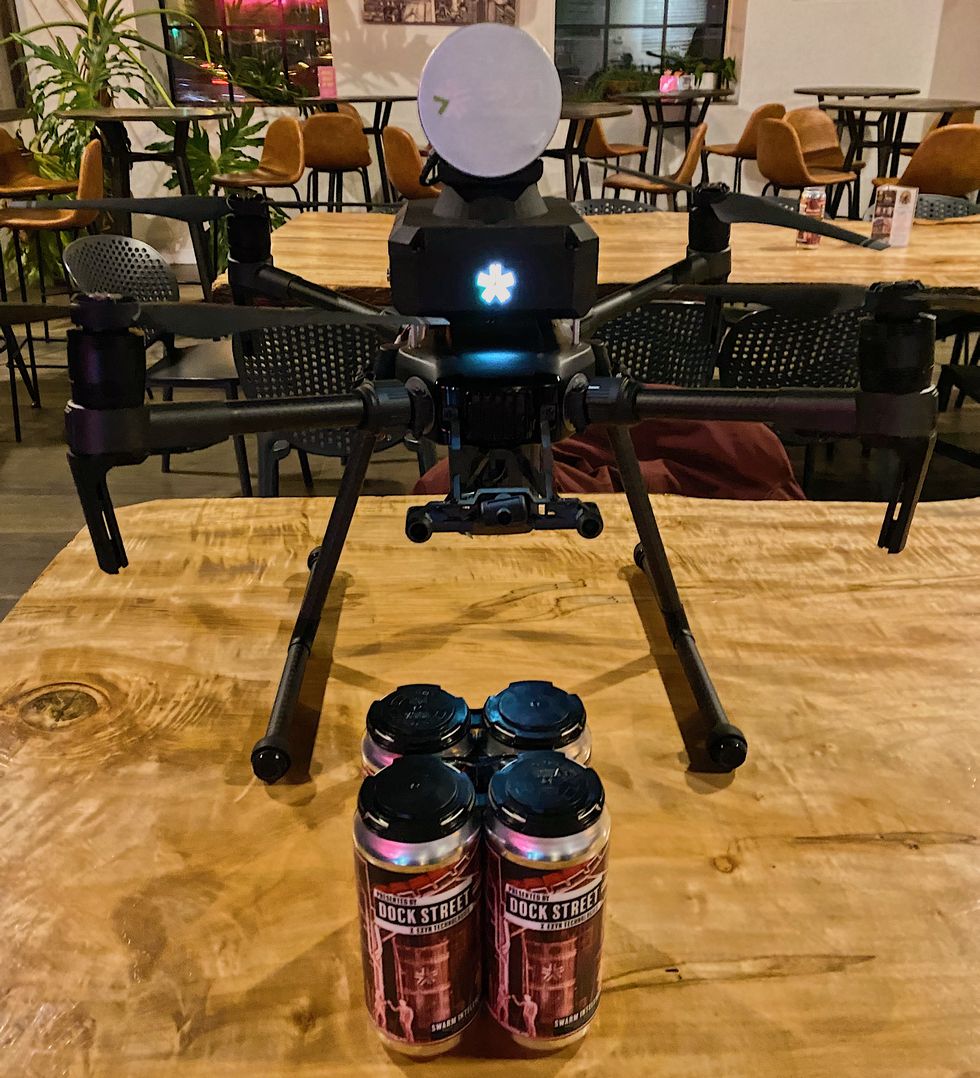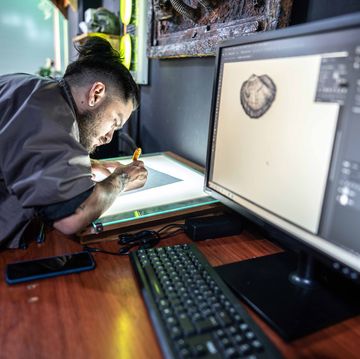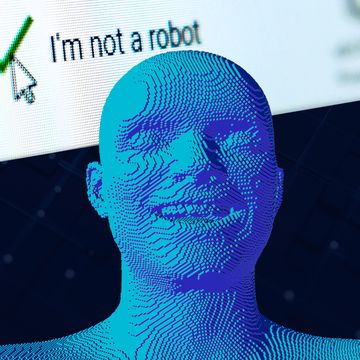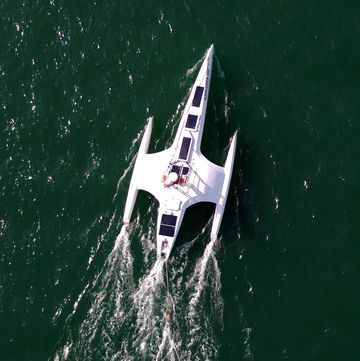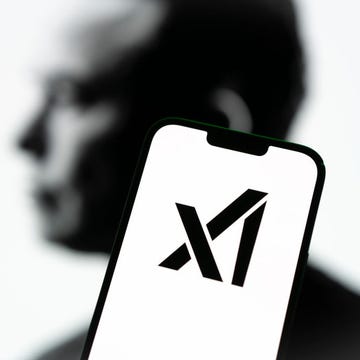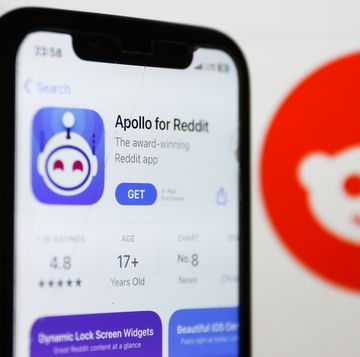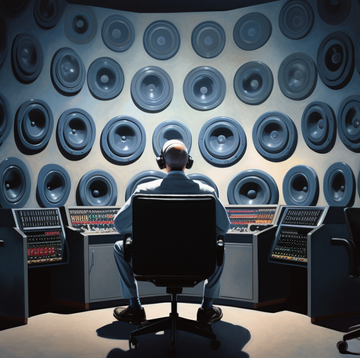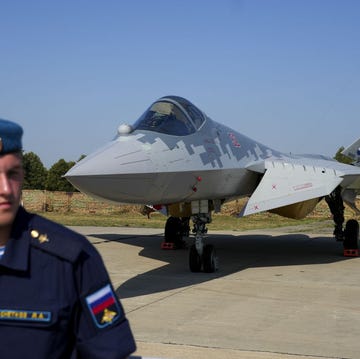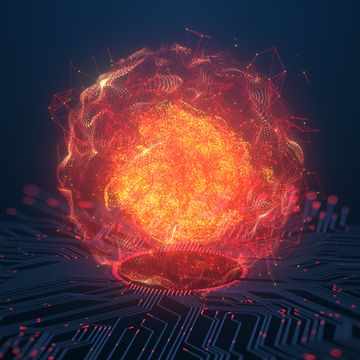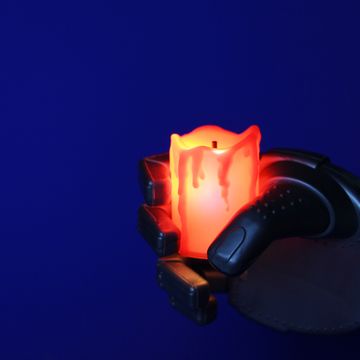We’ve seen artificial intelligence take over many tasks in the everyday world—from stocking grocery store aisles to parking cars. So, it shouldn’t be a surprise that AI has found its way into the creation of alcoholic beverages, which often involves a host of different ingredients, flavor notes, and precise recipes.
A Swedish distillery and a Philadelphia brewery are among the increasing number of manufacturers that have incorporated AI and other out-of-the-ordinary technology in their production. Why involve machines in these venerated crafts? Both companies saw it as a thrilling learning experiment, but more importantly, they recognized technology’s ability to develop flavor profiles at lightning speed and standardize production.
Just outside Gävle, Sweden, Mackmyra Whisky partnered with Microsoft and Finnish tech company Fourkind to create the world’s first AI-generated whiskey. The distillery used machine learning models on Microsoft’s Azure cloud platform and AI cognitive services and fed them Mackmyra’s existing recipes, cask types, sales data, customer reviews, and tasting notes.
The models could generate more than 70 million high-quality recipes. Master blender Angela D’Orazio reviewed hundreds of them until she landed on five to test in her laboratory. She then chose the best of the batch, a blend now known as Intelligens, which was released in September 2019. (It’s not available yet for U.S. customers, but sign up here for updates.)
“What a program like this can do is process a lot more [recipe] possibilities per second than a human brain can ever do,” D’Orazio says. But human senses, especially taste and smell, remain irreplaceable. “Human context is needed,” she says. “I was involved in every step—I decided on the recipe, I chose the casks.” Although Mackmyra is the first to use a human-machine collaboration in the distilling process, D’Orazio expects this partnership to proliferate in the future. In fact, several breweries have already done so.
Dock Street Brewing Co. in Philadelphia used robots not to develop flavors but instead to help in the brewing process. The brewery partnered with its neighbor Exyn Technologies—which specializes in drones for GPS-denied industrial environments, such as mines—to create Swarm Intelligence, a pale ale that was released in late January. Dock Street says the new brew is the world’s first drone-assisted beer.
“Since [the drones] are autonomous, they can take on a variety of tasks, unlike a piece of brewing equipment that was designed to do one thing, one way, and if it breaks, it breaks,” says Renata Certo-Ware, head of events and marketing for Dock Street. “Drones are more intuitive and able to be programmed and re-programmed in a way that is much more amenable to trouble-shooting and being used for multiple tasks.”
Dock Street head brewer Mark Russell says the brewery and Exyn initially discussed using drones to deliver beer, but the autonomous aerial robots can only hold so much weight. They chose instead to use a drone to add hops into the brewing kettles.
“On our scale, we’re very much still hands on,” Russell says. “This isn’t going to revolutionize our brewing. It was more just a fun thing for us to do. But creating a consistent product is always the goal for brewers, and any time you can remove human error, that’s great.”
A Closer Look at Robot-Generated Beverages
Dock Street Brewing Co. Swarm Intelligence
At 4.9 percent ABV, this drone-assisted pale ale was brewed with local orange blossom that’s been fermented out, leaving behind floral, fruity notes and a taste of honey. Ekuanot is the dominant hop, but you can also taste Mosaic and Chinook.
Mackmyra Whisky Intelligens
This Swedish single malt whiskey, master blended by AI with supervision from D’Orazio, is described as fruity, oaky, and slightly salty with a dryish end. Mackmyra used “a lot of smaller casks that make the whiskey nice and concentrated,” D’Orazio says.
Champion Brewing ML AI
In 2018, a Charlottesville, Virginia, brewery partnered with a nearby machine learning company to create ML AI, an IPA with 6 percent ABV. The AI model used parameters that included IPAs judged at the Great American Beer Festival, the 10 best-selling IPAs in the country, and the 10 worst-selling IPAs at a local retailer.
Succulent Sea Bala
England’s The Square Club collaborated with local tech company Tiny Giant to create a menu of AI-generated cocktails for the bar and restaurant. A machine learning algorithm analyzed hundreds of traditional cocktail recipes to create new, exciting ones. A favorite of the bunch? Succulent Sea Bala, featuring zucchini, sour cherry, and champagne.
